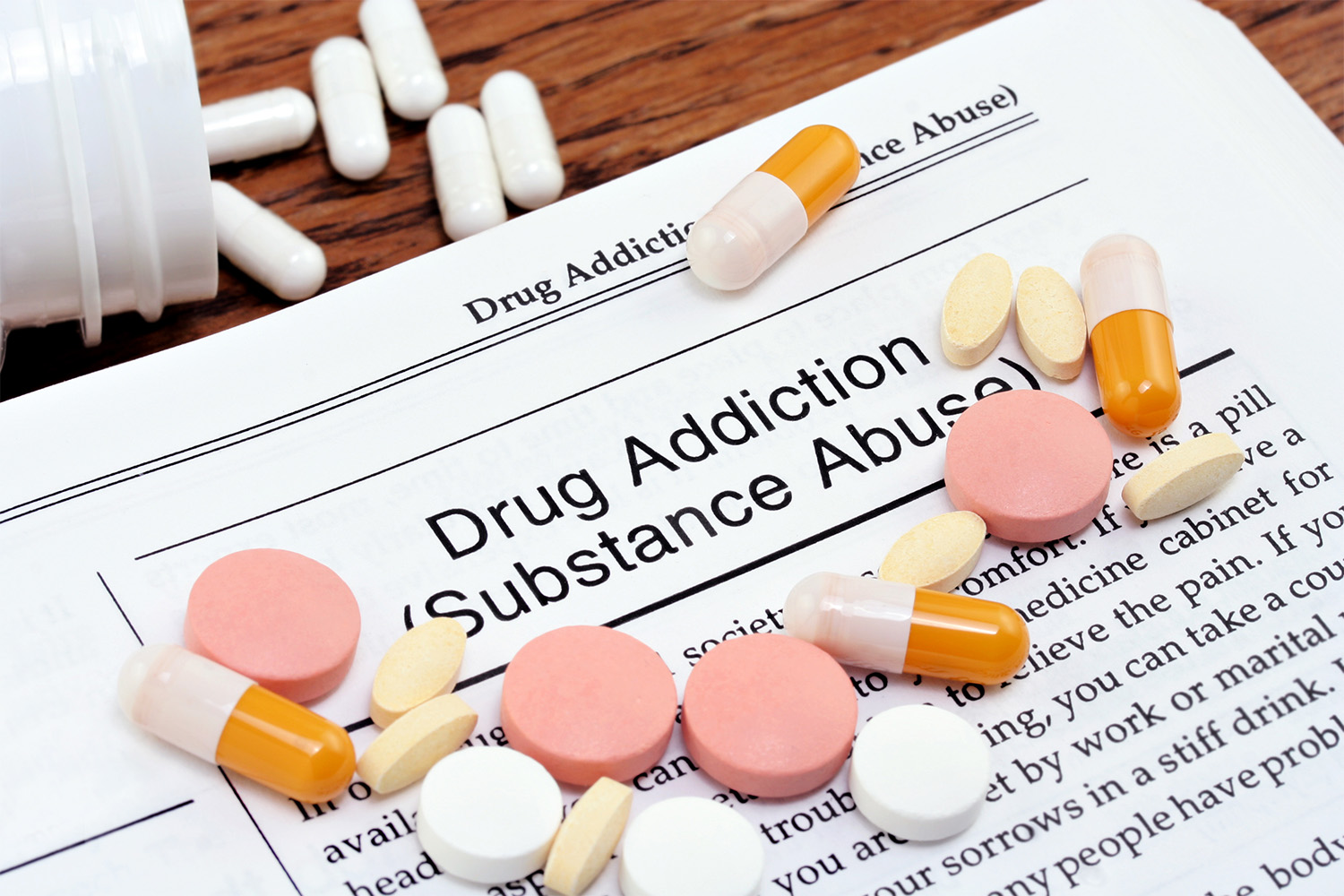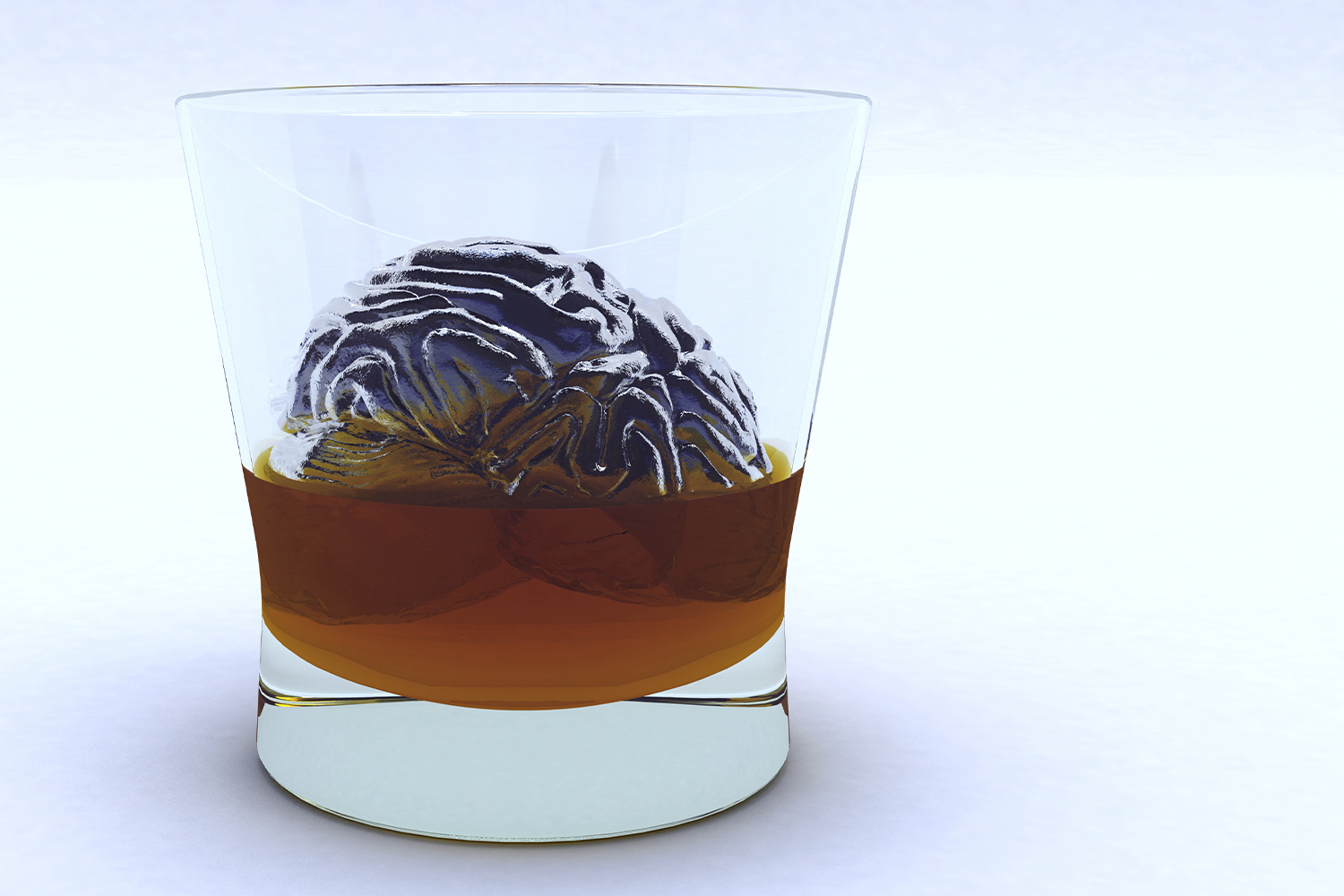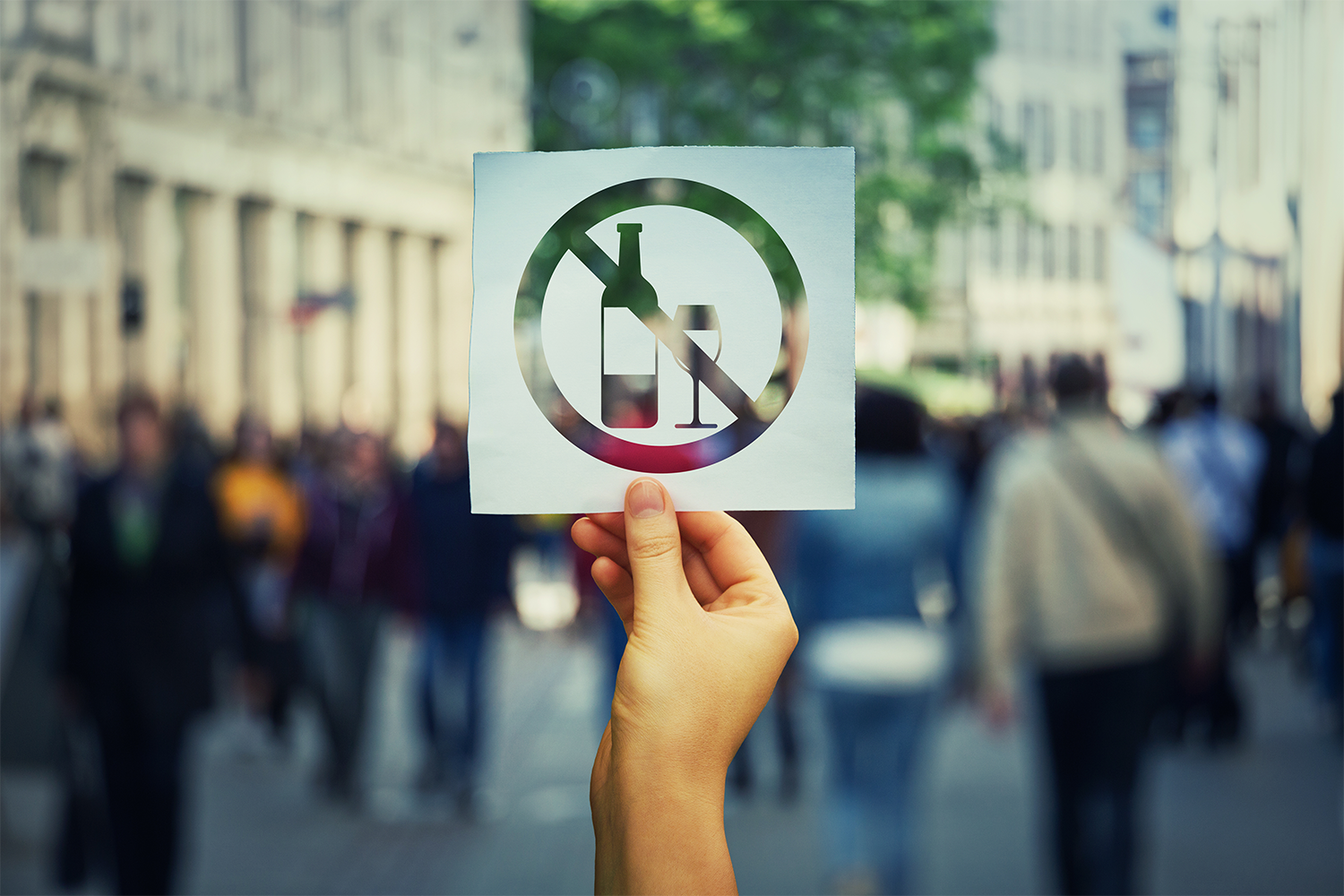As a friend or family member of someone who might be struggling with substance use, it can feel daunting to look for the signs. You may not know exactly what it is that you are looking for, but even just the fact that you have an eye out means you care.
What’s important to note about substance abuse is that having someone in your corner who is looking out for you really can make a difference in the path to recovery.
To better recognize the signs of substance abuse, it is helpful to learn more about what substance use disorder and addiction are, how they can creep into someone’s life, and what the next steps should be for someone who is sturggling. For people who are dealing with addiction, it can feel nearly impossible to overcome substance abuse without help.
If you are worried about a loved one, getting them help can be life-changing and even life-saving. Keep reading to learn more about how to recognize when someone may be struggling with substance abuse.
What Is Substance Use Disorder?
When someone has difficulties with a substance use disorder, it means that they are unable to control their use of a substance and their consequent actions. Substance use disorder affects a person’s brain, body, and behavior, and can ultimately make it difficult for them to control their behaviors and moods.
Substance use disorder can be debilitating, and without proper help, it can develop into a full-out addiction. Intervening as soon as possible can help limit the damage this disorder can have on people.
What Is Addiction?
Some people refer to addiction, substance use disorder, substance abuse, and dependencies as the same thing. But when we refer to addiction, we are referring to the worst end of substance use disorder.
Addiction happens as a result of repeated substance use that has severe effects on a person’s brain and body.
That said, we want to emphasize that no matter how far along your substance use or addiction is, you can always seek help.
These disorders are treatable as long as you are committed to your health, and it always helps to have plenty of support behind you in the recovery journey.
What Contributes to Substance Abuse?
No two people have the same history of substance abuse. Everyone has their own story and background that differs from others. There are many factors that can contribute to a person’s drug or alcohol use that you can sometimes attribute to their journey, such as:
- Environmental factors: A person’s family and friend life can impact substance use behaviors. If a person is being mistreated and peer-pressured into using, they might not be able to say no. If they are being exposed to drugs and alcohol from an early age by their parents or older adults, these behaviors might become normal to them.
- Biological factors: Genetics has a role in drug addiction and can be a risk factor for substance abuse problems. If a person comes from a long line of family members who struggled with addiction, they could likely fall into similar patterns. Understanding your family’s history can help you understand your risks.
- Mental health: Those dealing with mental health problems might turn to substances like illicit drugs as a helpline for self-medication. People who deal with depression, anxiety, post-traumatic stress disorder, and other serious mental illnesses might turn to illegal drugs as a way to cope with unwanted symptoms.
How Can You Recognize Substance Abuse?
Recognizing substance abuse is not always easy or obvious. You can never truly know what a person is going through, no matter how well you think you know them. Of course, there can be obvious signs that you pick up on that ring alarm bells in your head. There are many different substances that your loved one could be struggling with, and the signs are not always the same.
If you are worried about someone and think they might be struggling with substance abuse, consider the following symptoms as signs of their abuse.
Alcohol Abuse
Due to the prevalence of alcohol in today’s society, it can be a little more difficult to notice if someone is struggling. Drinking has become so common that minor substance use issues go unnoticed. It’s not until you see someone drinking throughout the day, every day, to realize there might be an issue.
Other signs and symptoms of alcohol abuse are:
- Frequent blacking out and memory loss
- Lack of control of alcohol consumption
- Drinking alone or at odd times of the day
- Drinking to cope with problems
- Depression and irritability
- Stress on relationships
Marijuana / Cannabis Abuse
Similar to alcohol, marijuana use has become more common in today’s society. People might use marijuana to help with stress, chronic illness, mental health, or just for fun, which can make noticing someone’s struggles more difficult.
Signs that someone might be struggling with cannabis are:
- Forgetfulness
- Lack of coordination
- Frequent cannabis use
- Inability to eat or sleep without it
- Paranoia
Stimulant Abuse
Stimulants are an upper drug that can make you feel like you’re going a mile a minute. When someone is using stimulants, such as cocaine and methamphetamine, you might notice these indications of substance use problems:
- Dilated pupils
- Aggression and hostility
- Frequent behavior changes
- Paranoia
- Intense nasal congestion
Opioid Abuse
Opioids include prescription painkillers, like Vicodin and OxyContin, as well as heroin. These types of drugs slow down your body and brain. Thus, someone who is using opioids might experience these signs of drug misuse:
- Sedation
- Slow reaction times
- Intense mood swings
- Lethargy and confusion
- Intestinal and digestive issues
Hallucinogenic Abuse
Depending on what kind of hallucinogen someone is using, their reactions might vary. Overall, someone who might be causing hallucinogens might:
- Act erratically and impulsively
- Claim to see and hear things that aren’t actually there
- Experience nausea, tremors, and twitching
- Endure a panic attack
Barbiturate and Benzodiazepine Abuse
While Barbiturates aren’t used as frequently anymore, they are sometimes used to treat seizures and during surgery. These carry a higher risk of overdose than benzodiazepines, like Valium or Xanax, which are prescribed for anxiety and sleep disorders. Signs that someone might be abusing these substances are:
- Confusion and dizziness
- Balance problems and loss of coordination
- Blurred vision
- Depression
How Can I Support Someone with Substance Abuse Problems?
If any of the signs and symptoms above seem to resonate with you or a loved one, it might be time to intervene. Now, no one expects you to solve your loved one’s problems single-handedly, but there are ways that you might be able to get involved.
The process of getting someone help can be long and difficult because when it comes down to it, the person dealing with the substance use must desire to get better. You cannot force anyone to do something they don’t want to.
That said, there are several different ways that you can support someone who is dealing with substance abuse. Here are just a few.
Check in Regularly
The first thing you can do is check in on your loved one to see how they are doing. Telling them that you have noticed problematic behavior is never easy, so prompting them to open up to you might be best. You don’t want them to feel like you are cornering and judging them, but you also don’t want to pretend that everything is alright.
Expressing your concern and worry for someone might not always come off as loving to someone struggling. They might get defensive and upset, but know you’ve opened up a line of communication for them they might not have seen before. When it is time for them to make the decision to get help, they will likely end up seeing you as a place of security.
Set Up a Support System
Having several people behind you supporting you through recovery is a game-changer. Knowing there are people to turn to makes a difference. People struggling with addiction often feel alone and isolated, but having a support system can help.
Write down phone numbers your loved one can call if they need help, set up weekly (or bi-weekly) hangouts so you can see how they are doing, and try to help with their accountability.
Go to Meetings With Them
Substance abuse is not something you can control, so getting help can be very difficult. It may be hard for your loved one to choose to go to AA meetings or behavioral therapy sessions, and a little support could go a long way.
Making a conscious decision to attend treatment is not always easy, so don’t be afraid to join your loved ones in AA meetings. Even just driving them to and from their health care appointments can help them to get up and actually go.
This level of support will mean a lot to someone struggling because it can be a very difficult thing to admit to yourself, let alone others.
Set Boundaries
When you are helping someone who is struggling with substance abuse, the lines can begin to blur when it comes to how much help you are offering. You don’t want to be running yourself dry in order to help your loved one. Instead, you need to set boundaries to maintain your own mental health.
Watching someone you love struggle can be very difficult, so knowing when to say “no” and support rather than enable is important.
Getting Help with Soba
When it comes to substance abuse treatment, Soba Recovery has got you covered.
With locations in both Mesa, Arizona, and San Antonio, Texas, you can find help whenever needed. We offer both inpatient and outpatient treatment services so that no matter your circumstance, you have the ability to receive help.
If you or a loved one is struggling with addiction, finding professional help will change the trajectory of your recovery. With round-the-clock care and a community of like-minded individuals to support you, there is no better way to get treatment.
Call today and speak with a Soba representative if this is something that you think could benefit your journey with substance use.
Sources:
Substance Use and Co-Occurring Mental Disorders | NIMH
Understanding Drug Use and Addiction DrugFacts | National Institute on Drug Abuse (NIDA)
Trends in Substance Use Disorders Among Adults Aged 18 or Older | SAMHSA











